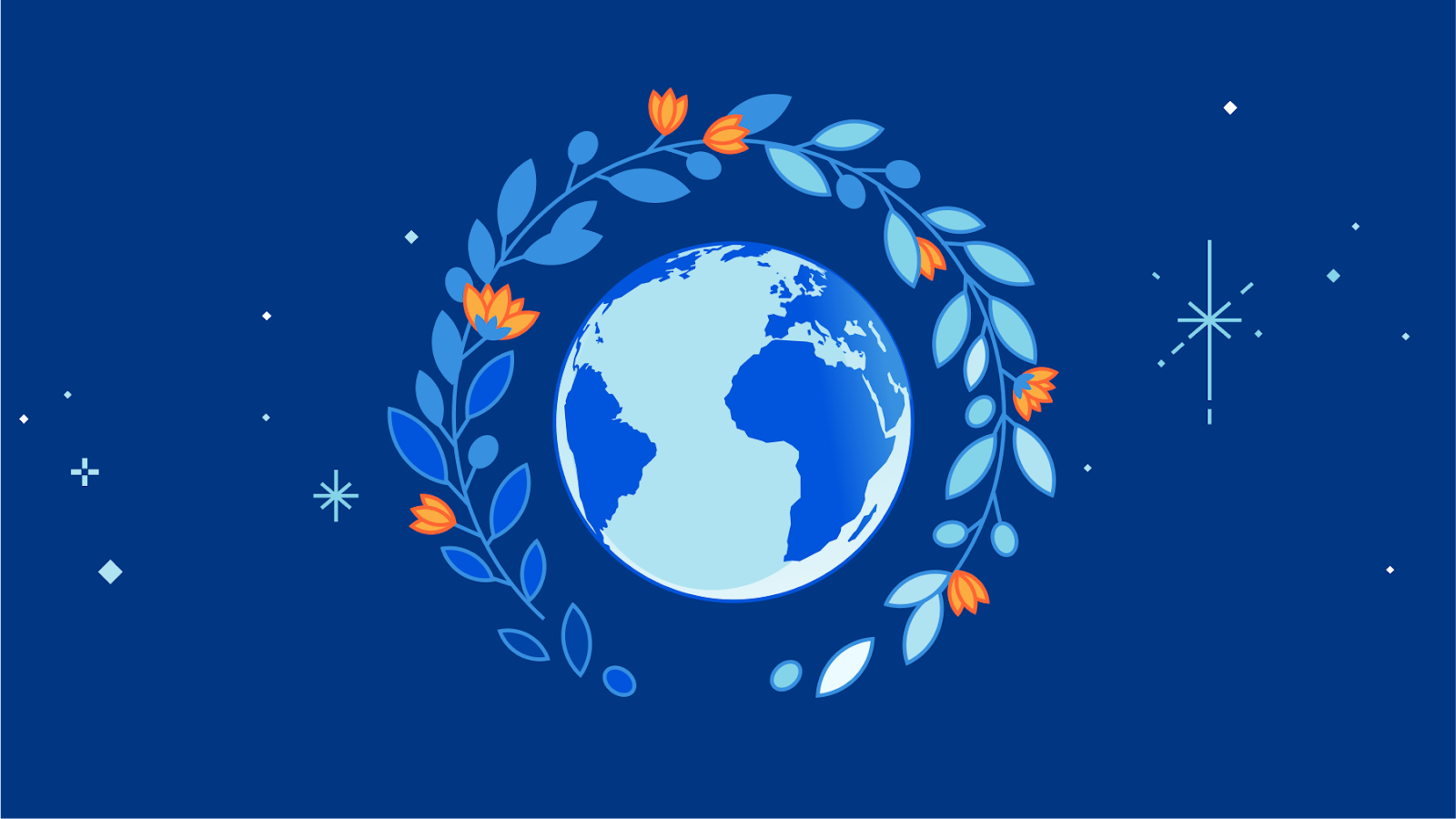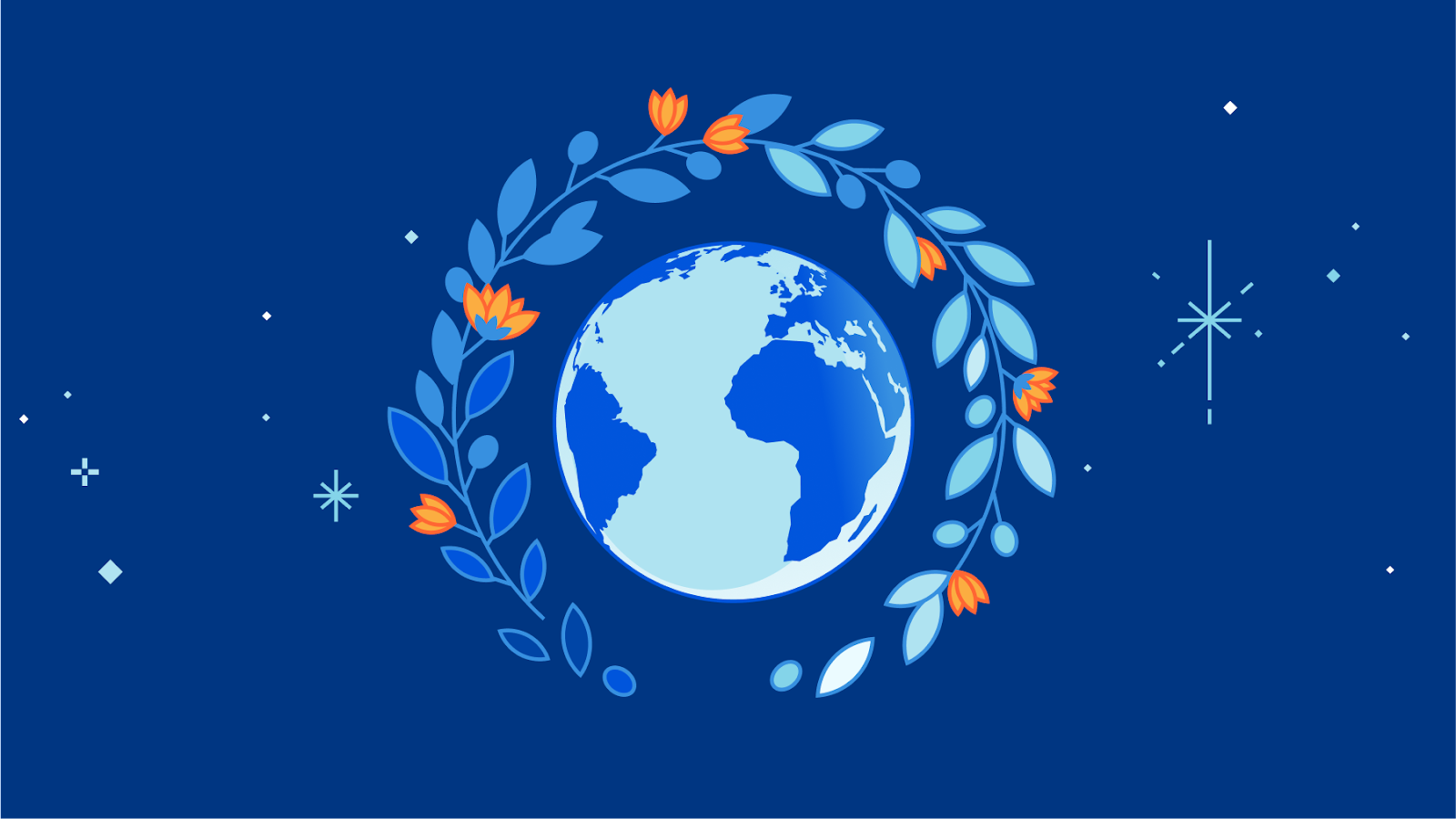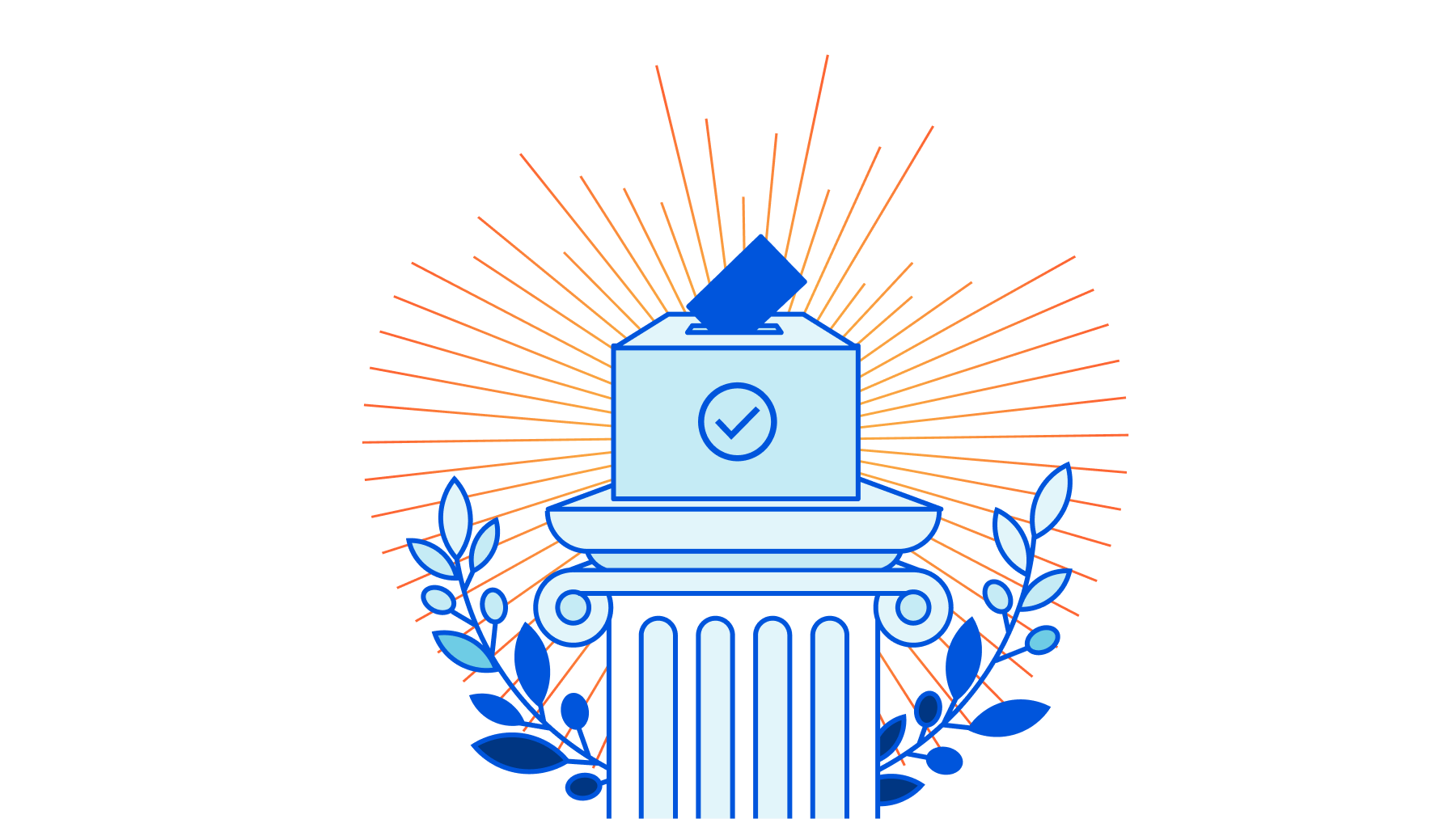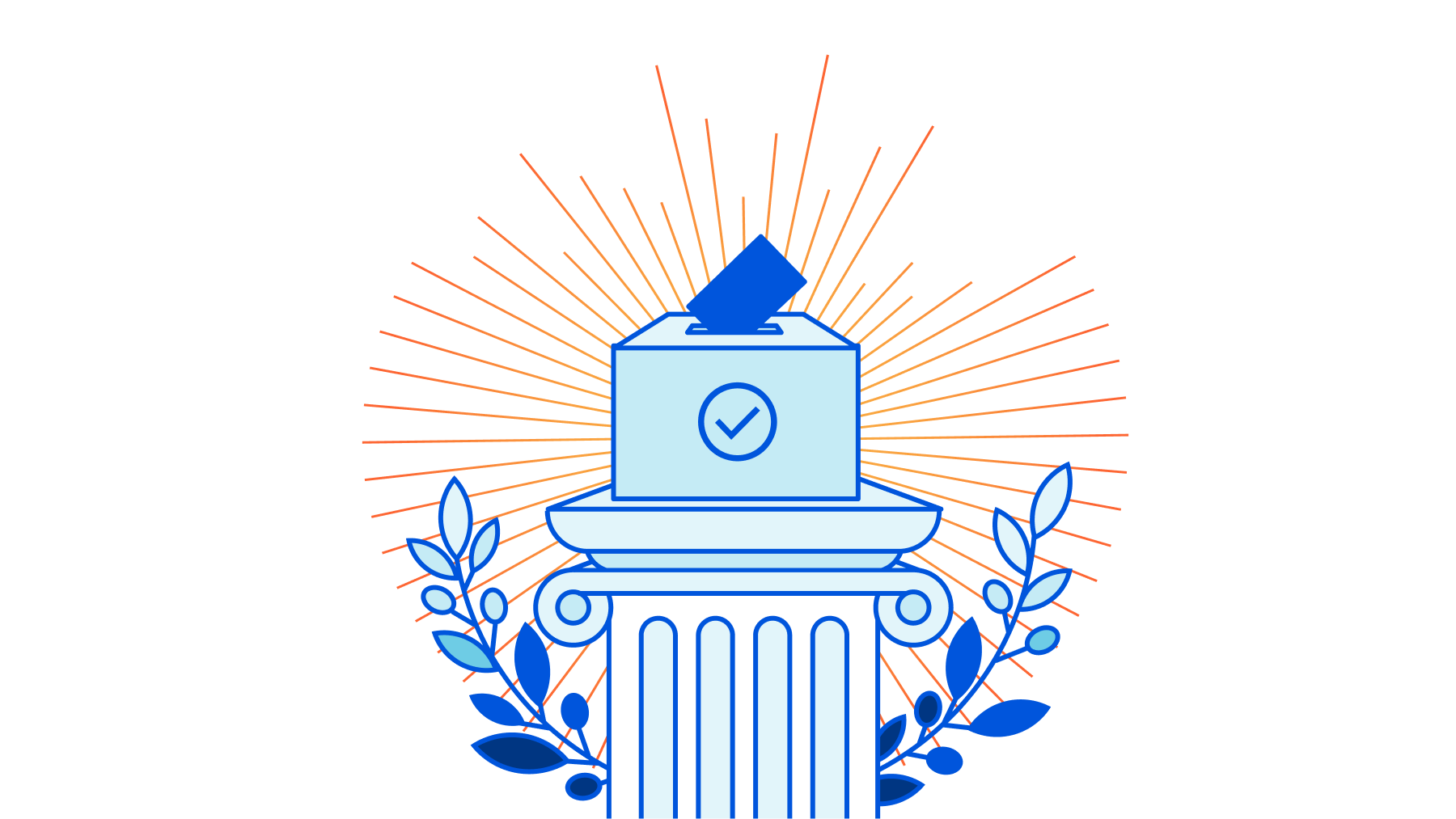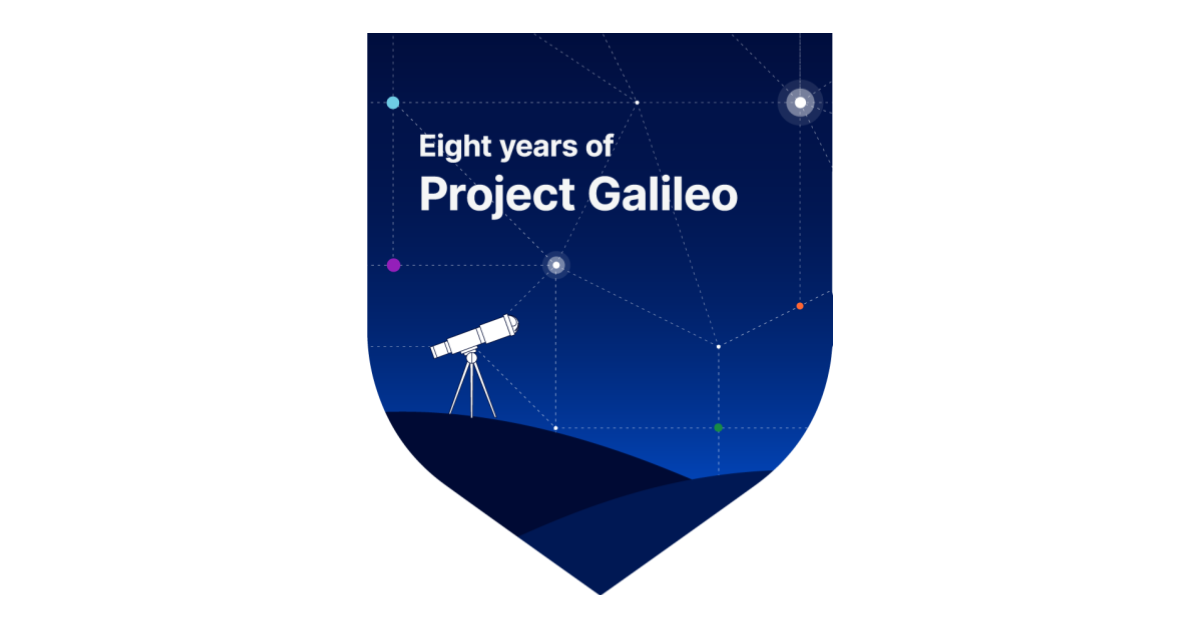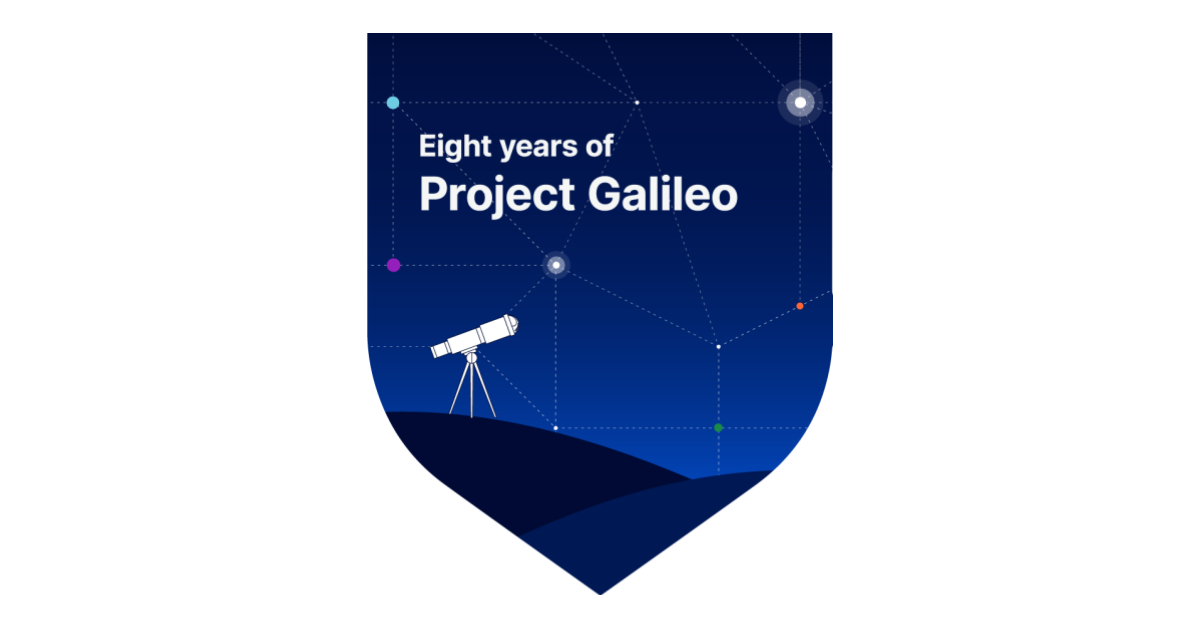Post Syndicated from Andie Goodwin original https://blog.cloudflare.com/international-womens-day-2023/

This post is also available in 简体中文, 日本語, 한국어, Deutsch, Français, Español.

Happy International Women’s Day! The global theme for 2023 is #EmbraceEquity, which is part of an ongoing effort to raise awareness around “Why equal opportunities are no longer enough.” Today is a time to highlight achievements made by women, but also an opportunity to become better informed, and collaborate and brainstorm about the path forward.
“People start from different places, so true inclusion and belonging require equitable action.” — internationalwomensday.com

Help put an end to gender bias and discrimination
Consider taking a few minutes today to learn about pervasive challenges affecting women, including in the workplace. Since unconscious bias is a major driver of hurdles holding women back, it is beneficial for people of all gender identities to educate ourselves about the varied experiences of others.
Here are some resources to get help get you started:
- Recognize the difference between equity and equality and see why striving for equality can interfere with inclusion-related efforts.
- Read highlights from the Women in the Workplace report from McKinsey and LeanIn.Org to examine factors that are holding women back from advancement and in many cases making them decide to leave a company. One notable statistic: “For every 100 men who are promoted from entry-level roles to manager positions, only 87 women are promoted, and only 82 women of color are promoted.”
- Watch a five-minute video of the history of the concept of intersectionality, explained by Kimberlé Crenshaw, who coined the term. Intersectionality refers to the “double bind of simultaneous racial and gender prejudice.”
- Better understand challenges within the tech sector in the report What (and Who) is Holding Women Back in Tech? One finding from this survey, conducted by Girls Who Code and Logitech, is that 90% of women report experiencing microaggressions at work. The report describes key career drivers and the importance of communities of support.
What is Womenflare and how are we celebrating International Women’s Day?
Womenflare is a Cloudflare employee resource group (ERG) for women and people who advocate for women. We are an employee-led group that is here to empower, represent, and support.
At Cloudflare, we are continuing our tradition of building community and celebrating women’s achievements together throughout March. We are also encouraging discussion on equity vs. equality and how we can champion equity for ourselves and those around us with these internal events in the weeks ahead:
- Celebrating with comedy: We are kicking things off with some fun and jokes from Laugh.Events! Offering “Laughter as a Service (LaaS),” they will deliver stand-up comedy, musical comedy, and other comedic activities for a celebratory “Workplace Variety Hour.”
- Equity and allyship chats: After our celebrations, we are opening forums to discuss equity and what this means for each of us in our unique intersectionalities. We have invited some of our fellow employee resource group leads from Asianflare, Nativeflare, and Proudflare to share with us and dive into how we can be both supported and supportive.
- Equity leadership panel: Our internal leadership panels were always well received in previous years, so we decided not to mess with a good thing. This year, we will be inviting another group of inspirational women leaders in Cloudflare to share their experiences with us and explore the areas where we can promote equity in the workplace.
- And more: We have so much more planned for March! From Book Club and meetups to Cloudflare TV episodes and networking events, we are partnering across teams to ensure there are plenty of opportunities to participate and join in on the fun and discussions.
No matter how you plan to celebrate International Women’s Day and Women’s History Month, consider how you can do your part to champion an equitable world. Join the #IWD2023 movement — #EmbraceEquity today (and every day)!

Life at Cloudflare
Learn more about how we are cultivating community, including through employee resource groups like Womenflare, via our careers page—and check out our open positions.
To read about our progress on the UN Ten Principles and the Sustainable Development Goals (SDGs), download our latest Impact Report.
